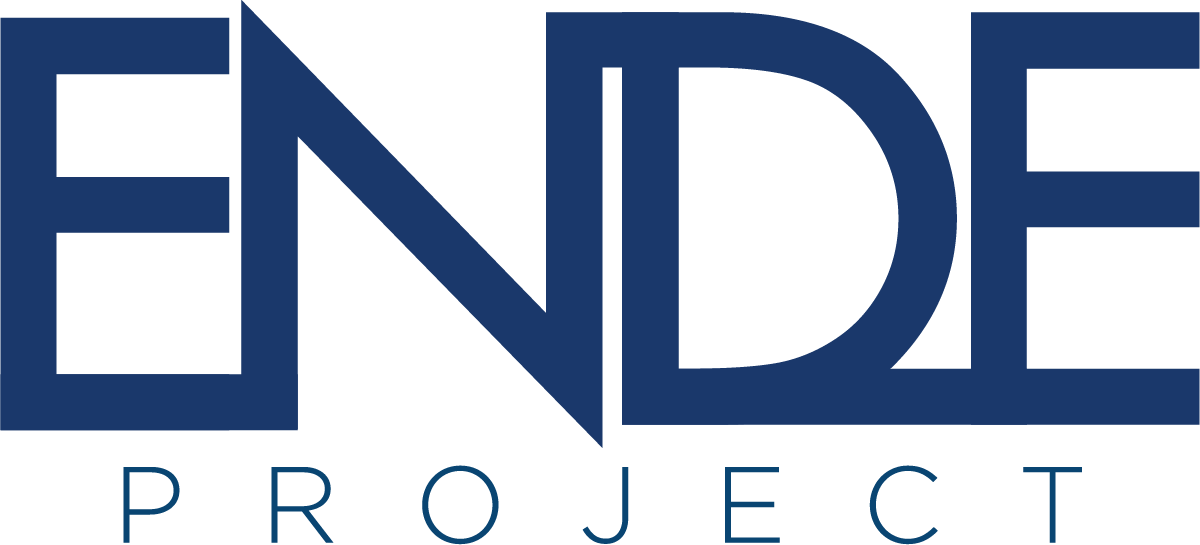Newsletter February
Commission endorses the integration of the voluntary Code of Practice on Disinformation into the Digital Services Act
In January 2025, prominent platforms like Google, Meta, Microsoft, and TikTok submitted documents to convert their agreement into a DSA Code of Conduct. The Code was officially integrated into the DSA framework after meeting the set criteria, making adherence a significant way for these platforms to demonstrate compliance with the DSA. Compliance will also be assessed through annual independent audits as required by the DSA.
You can read more about it here and here.
Commission announces actions for safe and sustainable e-commerce imports
The EU is addressing risks associated with low-value imports from non-EU online retailers through a new e-commerce strategy. This strategy includes enhancing customs controls and enforcing consumer protection under the Digital Services and Digital Markets Acts. Key measures involve digital tools for better market supervision. The digital tools include the Digital Product Passport and new AI tools for detecting potentially non-compliant products.
You can read more about it here.
Parliament green lights update of VAT rules to make them fit for digital times
The European Parliament has approved modifications to the VAT Directive, requiring online platforms to handle VAT payments for services when individual providers do not, effective by 2030. This measure, aimed at eliminating market distortions especially prevalent in sectors like short-term rentals and passenger transport, also includes provisions to exempt SMEs. Additionally, the changes will fully digitalize VAT reporting for cross-border transactions through mandatory e-invoicing, enhancing tax fraud management, and streamline VAT compliance via expanded online one-stop shops for businesses operating across borders.
You can read more about it here.

Recent Comments